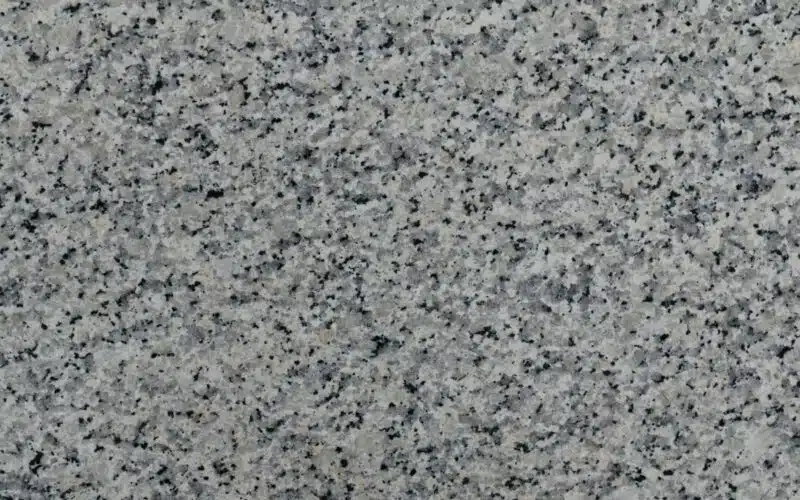Granite is a versatile and durable natural stone that has been used for centuries in various applications. Its unique properties and aesthetic appeal make it a popular choice in both residential and commercial settings. In this article, we will explore the different uses of granite, from its role as a building material to its presence in art, sculpture, landscaping, and other industries.
Introduction
Granite, derived from the Latin word “granum,” meaning grain, is an igneous rock composed mainly of quartz, feldspar, and mica. It is formed through the slow crystallization of molten magma deep within the Earth’s crust. The unique combination of minerals gives granite its characteristic strength, durability, and distinctive appearance.
1. What is granite?
Granite is a type of natural stone that is widely used in construction and various other industries. It is known for its hardness, resistance to heat and abrasion, and its ability to withstand the test of time. The unique mineral composition and geological processes involved in its formation contribute to its durability and aesthetic qualities.
2. Granite as a building material
2.1. Countertops and kitchen surfaces
Granite countertops are a popular choice for kitchens and bathrooms due to their durability, heat resistance, and aesthetic appeal. The natural beauty of granite adds elegance to any space, and its durability ensures that it can withstand daily wear and tear.
2.2. Flooring and tiles
Granite tiles are commonly used for flooring in both residential and commercial buildings. The hardness of granite makes it an ideal material for high-traffic areas, and its wide range of colors and patterns allows for endless design possibilities.
2.3. Building exteriors
Granite is often used as cladding material for building exteriors. Its natural strength and resistance to weathering make it an excellent choice for facades, providing both durability and a timeless aesthetic.
2.4. Monumental structures
Throughout history, granite has been used to create monumental structures such as statues, memorials, and architectural masterpieces. Its ability to withstand harsh weather conditions and its timeless beauty make it an ideal material for such grand projects.
3. Granite in art and sculpture
3.1. Statues and memorials
Granite has been used to create statues and memorials that commemorate historical figures, events, and significant achievements. Its durability ensures that these structures can withstand the test of time while preserving their artistic beauty.
3.2. Carvings and reliefs
Artists and sculptors appreciate granite for its ability to hold intricate carvings and details. The hardness of granite allows for precise and intricate work, making it a favored material for sculptures, reliefs, and decorative elements.
4. Granite in landscaping
4.1. Patios and pathways
Granite pavers and slabs are commonly used for outdoor patios, pathways, and driveways. Their durability, slip resistance, and natural beauty make them an excellent choice for enhancing outdoor spaces.
4.2. Retaining walls
Granite blocks and stones are often used for building retaining walls. The strength and stability of granite make it an ideal material for supporting soil and preventing erosion in landscaping projects.
4.3. Garden features
Granite can be incorporated into garden designs to create various features such as fountains, benches, and decorative elements. Its natural beauty and ability to withstand outdoor conditions make it a popular choice among landscape designers.
5. Other uses of granite
5.1. Industrial applications
Granite is utilized in various industrial applications due to its hardness and resistance to chemical corrosion. It is commonly used in manufacturing processes, machinery components, and precision tools.
5.2. Granite in technology
With its unique properties, granite plays a role in advanced technology. It is used in the construction of optical devices, precision measuring equipment, and even in the aerospace industry, where its durability and heat resistance are essential.
Conclusion
Granite’s versatility and durability make it an ideal material for a wide range of applications. From its prominent role as a building material in countertops, flooring, and exteriors to its presence in art, sculpture, landscaping, and industrial sectors, granite has proven itself as a valuable natural resource. Its timeless beauty and ability to withstand the test of time ensure that it will continue to be utilized in various ways for generations to come.
FAQs
- Is granite a durable material?
Yes, granite is highly durable. Its hardness and resistance to heat, abrasion, and chemical corrosion make it suitable for various applications that require long-lasting materials.
- How can I maintain the shine of granite surfaces?
To maintain the shine of granite surfaces, it is recommended to clean them regularly using mild soap or granite-specific cleaners. Avoid using abrasive materials or harsh chemicals that could damage the stone. Additionally, sealing the granite periodically can help protect its shine and prevent stains.
- Can granite be used outdoors?
Yes, granite can be used outdoors. Its natural resistance to weathering and its ability to withstand extreme temperatures make it a popular choice for outdoor applications such as patios, pathways, and retaining walls.
- Is granite eco-friendly?
Granite is considered a relatively eco-friendly material. It is a natural stone that is abundant in the Earth’s crust, and its extraction and processing have minimal impact on the environment compared to other building materials. Additionally, granite can be recycled and repurposed, further reducing its environmental footprint.
- Can granite be customized for specific applications?
Yes, granite can be customized to suit specific applications. It can be cut into various shapes and sizes, polished or honed to different finishes, and even engraved or carved with intricate designs. This versatility allows for unique and personalized applications of granite in different settings.








![Calculating How Much Stone Dust You Need 8 [Blog Post]Stone Dust © Oxfam Australia](https://green-life.blog/wp-content/uploads/2023/05/GdZVzgTqPhjq-150x150.jpg.webp)




















